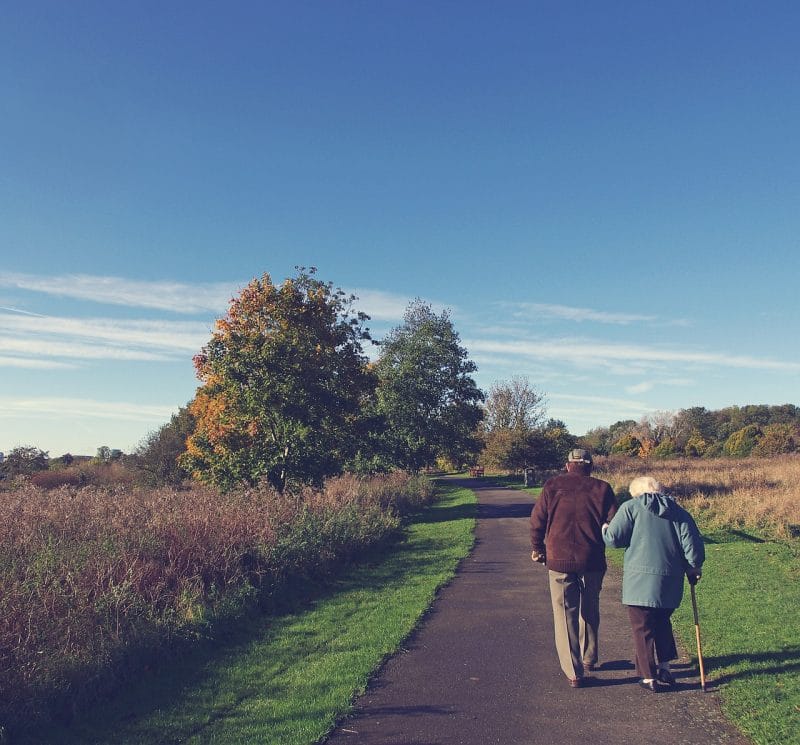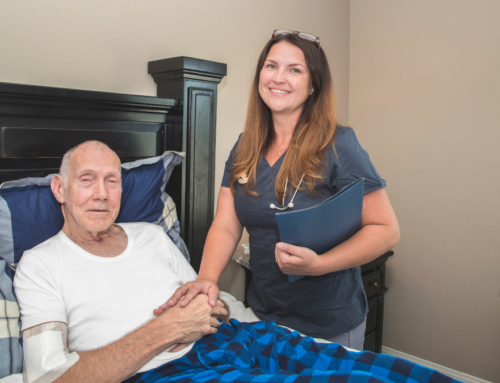5 Tips for Taking Care of Your Heart, Body and Mind – a Guide for Seniors
- Eat a healthy, well-balanced diet
- Moderate exercise
- Proper rest
- Exercise your mind
- Treat health problems as they arise
Tip 1: Eat a Healthy, well-balanced diet
It’s no secret that eating better makes us feel better, and helps our body perform at it’s best. The trick is to know what “eating healthy” means, when all the rules seem to change regularly. For example, coconut oil has been on both the naughty and the nice list. In light of conflicting evidence, who do you believe? Simply put, we suggest sticking to the simple things that don’t seem to change, contributing to a healthy body and a healthy mind. Here are 6 places to start…
- Stick to dark greens like spinach, kale, and Bok Choy
- Choose cruciferous veggies like broccoli, cauliflower, and brussels sprouts: They contain phytochemicals, vitamins, minerals, fiber and may help lower your risk of cancer.
- Use olive oil liberally, it’s a great source of Oleocanthal, plenty of health benefits!
- Drink red wine…it contains the antioxidant polyphenol, which may assist in protecting the lining of blood vessels found in your heart.
- Eat dark chocolate. It’s been shown to promotes vasodilation and consequently may lower blood pressure
- Be sure to get your Omega-3s. These are vital for brain health, and we Americans usually consume 6 times the amount of Omega-6s that we need, and fall drastically short on Omega-3s. Fatty fish is the best source, as well as Krill oil, flaxseed oil, walnuts, spinach, and broccoli.
Tip 2: Moderate exercise
You should definitely consult your physician before starting any exercise. With that said, any level of exercise that is safe with you to start with is a better option than not exercising at all. Whether that means simply standing up for longer periods of time than you do now, or walking “laps” through your home, walking around the block, or even running…safety is the most important factor, followed by any movement is better than no movement. Find what is comfortable, and safe, and work up from there. Exercise is an important part of a healthy body, heart, and mind.
Tip 3: Proper rest
We have become a sleep-deprived society. We try to “get by” on as little sleep as possible to maximize our days…the truth is, however, we are short-changing ourselves by not getting enough sleep. Studies show we, as adults, need 7.5 to 9 hours of sleep per night, and our average is only 5 to 6. There are many reasons this negatively affects us: During rest is when our bodies heal; The chemicals in our brain are released disproportionately (Cholecystokinin – responsible for feeling satiated – is reduced, and Ghrelin – responsible for feeling hungry – is increased); as well as key memory-enhancing activity taking place during the sleep cycle. Be sure to:
- Get on a regular sleep schedule
- Avoid screen time the hour or more before bed time
- Cut back on caffeine
This will help you get the best possible sleep and keep your body and brain functioning at the highest possible level.
Tip 4: Exercise your mind
You’ve heard the expression, “Use it or lose it”. Well, like any muscle in your body, this expression also applies to your mind. A well-exercised mind is a well working mind. Be sure you are exercising your mind as well as your body. Seek activities that allow you to start easily and work your way up to harder levels. Puzzles, “brain teasers”, chess, playing an instrument, dancing, or even learning to speak a foreign language are all ways we can exercise our mind and keep our senses sharp.
Tip 5: Treat health problems as they arise
Illnesses and injuries, when left untreated, can be exacerbated, and cause bigger problems over time. Be sure you are getting proper check-ups and health care, in order to spot any early warning signs of a larger problem, or address anything that could pose a greater health risk if left untreated. Many diseases are easily treatable when caught early, often with simple screening or blood tests, and your doctor can recommend adjustments in your diet, exercise, and/or your lifestyle to adjust for anything that may be a potential health risk. He or she can also prescribe medications, in that case of a more serious concern, that can reduce or eliminate a health threat. Be sure you are scheduling regular visits to your physician.
We hope you have found these 5 tips to be helpful. For more information, or to speak with one of our experts about this, or any other concerns regarding caring for an elderly family member or friend, give us a call at (678) 494-8129 or contact us here.






